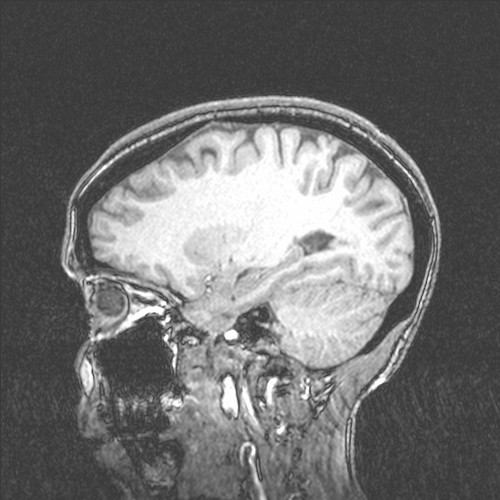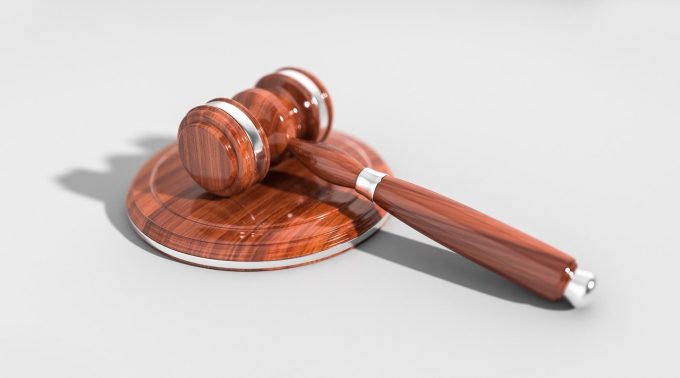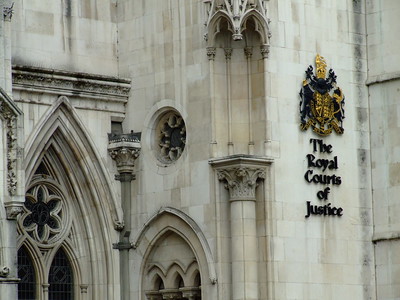A vast number of sexual offence cases revolve around the issue of consent. In everyday terms, the ‘consent issue’ should be straightforward, either someone did, or did not, consent to sexual intimacy. In real life, particularly in the context of sexual relationships, deciphering the intentions and beliefs of those participating in sexual relations has proven… Continue reading Sexual Offences and the Issue of Consent
















